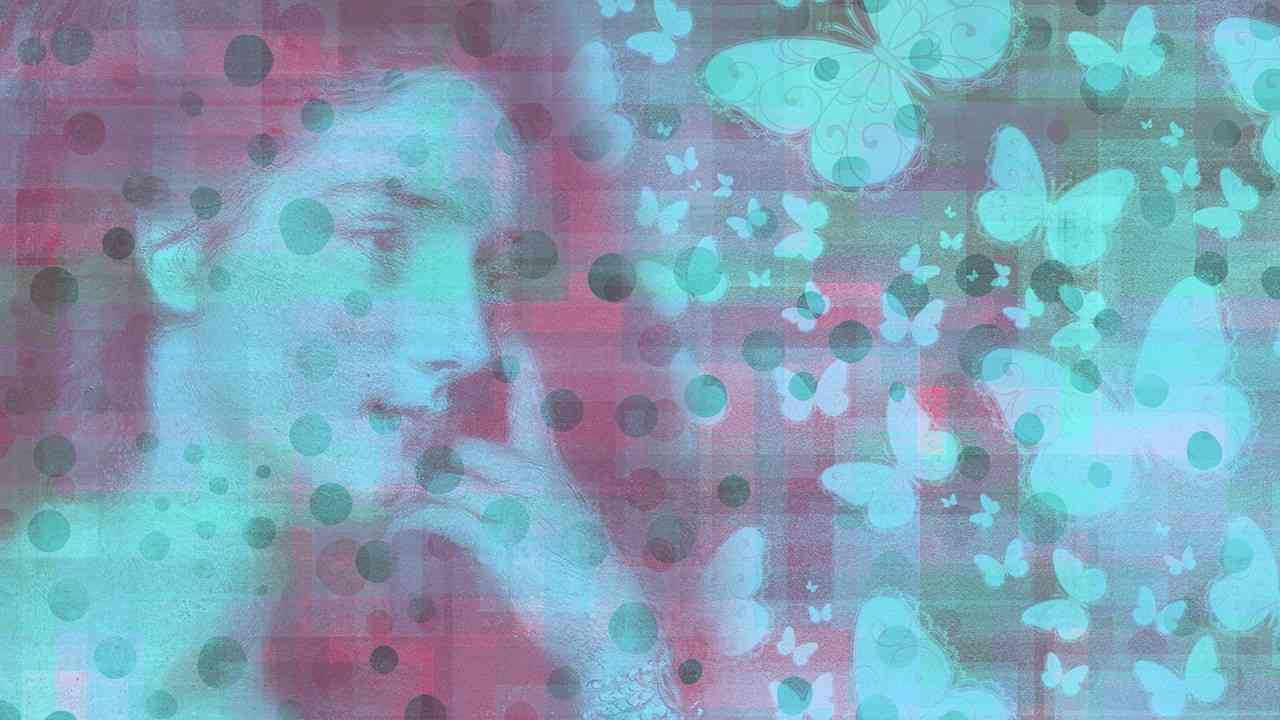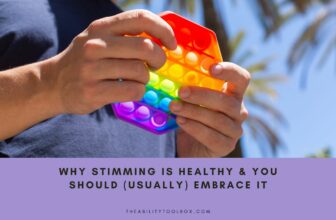I’m navigating the aftershocks of getting an adult ADHD diagnosis after it was missed during my childhood, and I know I’m not alone. Over the past few years, many women and fem-presenting people with ADHD have started sharing their stories, which is helping to break decades of predominant discourse that over-centers ADHD in boys and leads to other cases being misdiagnosed or missed altogether.
Getting an ADHD diagnosis can be life-changing — I know it was for me when I was diagnosed at age 23. Here are some of the unexpected ways that my ADHD diagnosis (and subsequent treatment) have impacted my mental health and well-being.
1. Getting an ADHD diagnosis as an adult validated me and improved my self-esteem.
The imposter syndrome that ADHD creates is wild. I genuinely thought that I just sucked at being an adult. I graduated from college literal days after my 18th birthday and yet, a few years later, I found myself struggling to complete basic “adult” tasks. Why couldn’t I pay bills on time, even when I had the money to pay them? Why was I in an endless cycle of trying new journals, productivity apps, and organizing methods, just for them to only stick for a week before falling into disrepair? And why couldn’t I clean?
While I had previously experienced periods of depression caused by my PTSD, these struggles with tasks persisted no matter what my underlying mood was. It was deeply embarrassing to flounder with things that were so basic, especially while I had so much ambition and finesse in other areas of my life. I gravitated towards high-stress, high-reward, spontaneous fields like politics and advocacy, where I was able to override boredom with adrenaline. But all of my professional and personal achievements didn’t begin to cancel out the shame I felt at my symptoms.
During a particularly bad executive dysfunction spiral in 2020, I bitterly recognized that all of the time I spent stressing about tasks and wanting to do them but being unable to start on them was far less than the time it would’ve taken to do the tasks in the first place. I would cry, panic, and have meltdowns. It’s not like my procrastination ever bought me peace — I never stopped feeling the weight of my overdue to-do list.
The mere validation that an ADHD diagnosis brought to me was so freeing. When I was diagnosed, it was suddenly revealed that none of this was a personal failing. My inability to clean, my struggles with remembering and completing tasks, the shame-spirals I got buried by if I delayed something “too long” were all symptoms of a fundamental difference in my brain. It wasn’t because I was lazy or because I sucked at being an adult. My neurobiology is just unique.
Furthermore, other people felt and experienced those same struggles too! My diagnosis allowed me to connect with fellow ADHDers, learn neurodivergent-friendly task management structures, and share our trials and triumphs. My diagnosis took away the isolation, and as a result, I became a lot more emotionally equipped to live with this. I don’t feel bad or ashamed about myself for this anymore, even when my symptoms are really acting up, and that’s been a gift for my self-worth.
2. Finding out I have ADHD drastically reduced my self-harm impulses.
Perhaps the most unexpected impact that my ADHD diagnosis had on me was in terms of my self-harm. I had struggled with it since I was 16, and while I had made significant progress and was no longer actively self-harming, keeping the impulses at bay became so ingrained in my life that I didn’t realize how much of a burden it was on me until it suddenly stopped.
About a week after starting ADHD medication, I realized that, for the first time since I was a teenager, I hadn’t had to bat away self-harm impulses in days. My brain was suspiciously quiet, even during moments of frustration or stress that would usually cause a five-alarm urge to harm myself. It just stopped reaching for that maladaptive tool. I wondered if this was a fluke, but it’s been two and a half years since then, and the incessant self-harm urges haven’t come back. Even though I hadn’t previously thought that ADHD could be exacerbating my self-harm tendencies, it turned out that it was. One of ADHD’s hallmarks is chemical-thrill-seeking via impulsive behavior — whether it’s substance abuse, gambling, or something else, like self-harm — and it provided a perfect accelerant for my history of trauma.
Diagnosis and treatment of my ADHD were critical steps for me to build my mental stability, wellness, and resilience. That’s in no small part due to the reduction in self-harm impulses.
3. Getting ADHD treatment as an adult has helped me build helpful non-medication habits and routines.
While I do take ADHD stimulant medication, I don’t take it every day. Getting treatment for my ADHD has allowed me to foster non-medication-based habits that bolster my focus, mindfulness, and productivity. These habits and systems that I’ve built exist even on the days I don’t take my medication, and so do the positive impacts on my mental health. Before my diagnosis and getting on medication, I had tried incredibly hard to start a daily meditation practice in a desperate attempt to quell my symptoms. I managed to do it nearly every day, but the problem was that I physically could not meditate for more than 60 seconds. I would get squirmy, repeatedly distracted, or otherwise unable to engage.
Starting ADHD medication was, ironically, the catalyst for making all of the non-medication support tools accessible to me for the first time ever. I can meditate for up to 20 minutes now, and I regularly start my day with a session or end it with one. I’ve stuck with a single productivity app for nearly two years. It’s not a difference in willpower or commitment that defines me from my pre-diagnosis days: it’s a difference in support, adaptability, and most crucially, access.
Learn More About Adult ADHD
Check out these helpful books for women with ADHD.
How has getting an adult ADHD diagnosis affected your mental health?
Share your experiences with our safe and supportive community in the comments.










